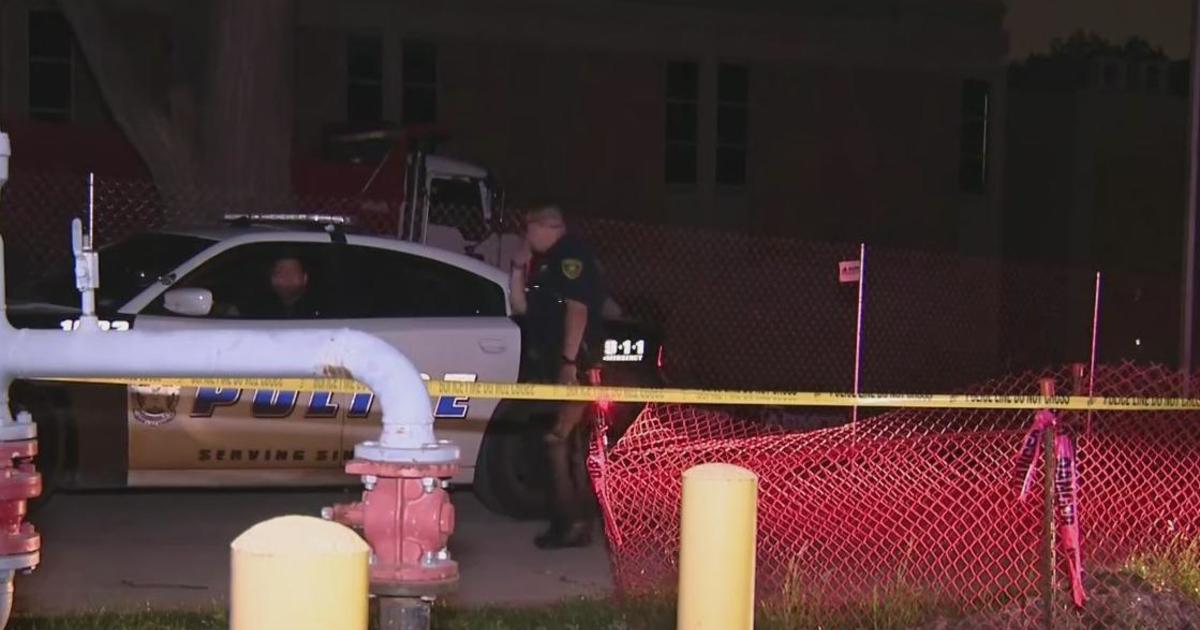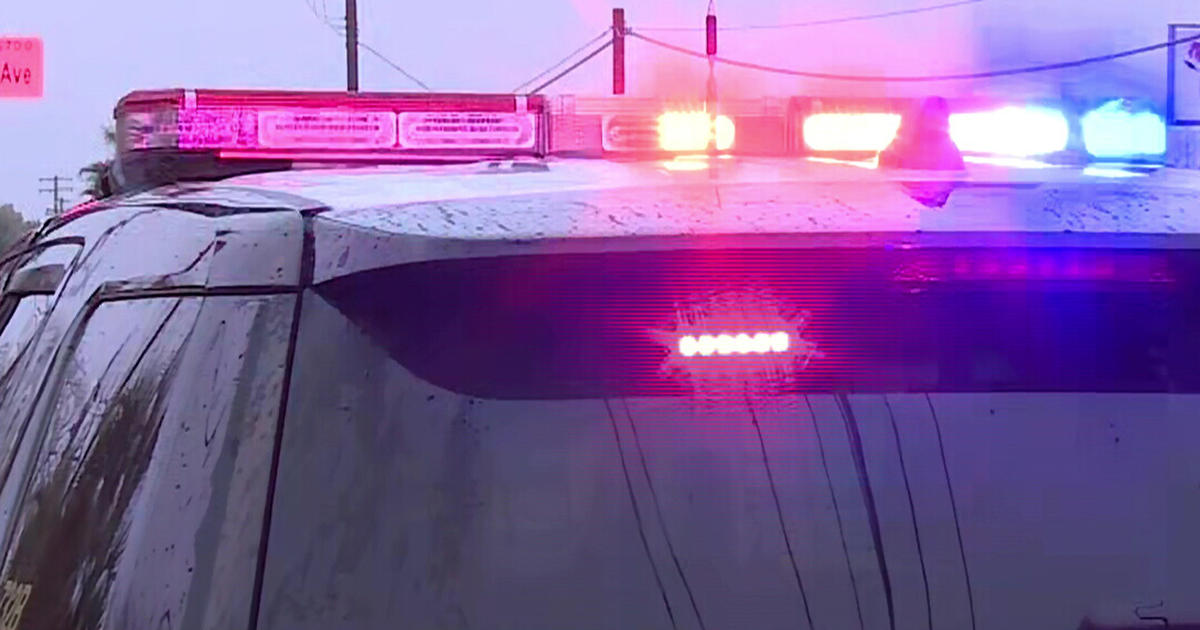Dallas Police Associations Reject City Manager's Plan For Raises, New Hires
Follow CBSDFW.COM: Facebook | Twitter
DALLAS (CBS11) - Dallas Police Associations denounced a proposal by City Manager A.C. Gonzalez to hire new police officers and boost pay for those already on the force.
As Gonzalez explained his plan to reporters, presidents of the various police associations sat in the back of a conference room listening.
The proposal is more urgent this year after five police officers were shot and killed and 14 were injured during a Black Lives Matter rally in Dallas on July 7.
Under the plan, the city would spend an additional $37 million for the police and fire departments.
For police, the city would give officers a bump in pay -- up to ten percent more -- in the next year.
The city manager says his plan will attract new recruits and keep the younger officers from leaving DPD for other area police departments that offer higher salaries.
Gonzalez said, "It does improve the situation."
When I asked him if it's enough to keep the officers, Gonzalez replied, "Nobody is going to have that answer until we play that out. But Chief (David Brown) seems to believe that it is. The chief was right there by me when we were making the proposal."
But Ron Pinkston, President of the Dallas Police Association told reporters after the briefing, "No we aren't satisfied at all. We knew this was coming and we knew we had to take it to the public and the city council."
The associations say after some younger officers had their salary structures frozen for four years, the city is simply playing catch-up by accelerating increases already built into their contracts.
Officers say instead, they want an actual five percent across the board raise in their pay structure for each year during the next three years.
The police associations also criticize the city manager's plan because the top third of the department won't receive any bump in pay.
That's because they're already at the top of the pay scale.
The city manager said for months, they heard from the associations that the new recruits and younger officers should be the top priority. "We need to focus on that segment of the pay scale. When you look at the pay scale, the low and the middle do not look as competitive as on the top", said Gonzalez.
But Sheldon Smith, Chief of Staff of the Black Police Association said, "You have to pay the older officers as well. They're committed to the city just as the younger officers have. But if we don't do it, than we're going to lose officers. They need to solve the whole problem.
You can't kick the can down the road and expect it to get done and that's what they're doing."
Steve Myers is a Dallas Police Detective who's served for 11 years and is also a Vice President of the Dallas Police Association.
He says when it comes to officer pay, "I think the department is at a crisis level. We need a drastic pay raise."
Myers, who was born and raised in Dallas, says a drastic pay raise will make Dallas more competitive. "I can go to the Plano police department and make $22,000 more. I can go to Grand Prairie and Richardson and make at least $15,000 more."
Myers says for the first time, the department is losing officers with between five and ten years experience to other police agencies in North Texas.
He says between January and July of this year, the department has already lost 219 officers who either left for other departments or retired.
The associations say in any given year, there are about 180 officers who leave the department.
Myers and others at the police associations say they have doubts about the city's plan to hire 200 new officers in addition to the 3,500 positions already budgeted.
The associations believe the city won't be able to hire enough officers to meet attrition.
They say it costs the city $150,000 to train each new officer.
The associations say the city could save money on training if it paid more to keep its officers.
Gonzalez says some of that training cost is already built into the operation.
But he also said Dallas is already attracting new recruits without the higher salaries.
Gonzalez cited the 467 people who've applied to the police department since the deadly attack on officers last month.
The department says that's a 250 percent increase from the month before.
City leaders also say most of those who leave the department retire and don't leave to work at other departments.
Now, the city council will start to debate the city manager's proposal.
Councilman Lee Kleinman says he supports the plan. "We found a way we can increase the compensation for our younger officers to keep them here and have them as long-term officers in the City of Dallas."
But Councilman Philip Kingston told me over the phone that he's more inclined to hire fewer officers and give those already on the force a bigger pay raise.
Gonzalez also warned taxpayers about two other issues involving the police department: An old lawsuit over police pay is going to trial this month, and Gonzalez says if the city loses, the city may have to pay billions of dollars.
He also warned that the police and fire pension fund is viable for only nine more years.
Gonzalez said the city had met all its obligations, but raised the possibility the fund could go bankrupt if drastic action isn't taken.
The city manager said much of the additional money being spent on the police and fire departments next year will come from increased revenues to the city.
He said rising property values and sales taxes are bringing in an additional $60 million.
Even with the increased costs, Gonzalez says he still wants to lower the city's property tax rate by 1.58 cents, a 2 percent drop, the first property tax rate reduction in ten years.
(©2016 CBS Local Media, a division of CBS Radio Inc. All Rights Reserved. This material may not be published, broadcast, rewritten, or redistributed.)
Follow Jack on Twitter: @cbs11jack



